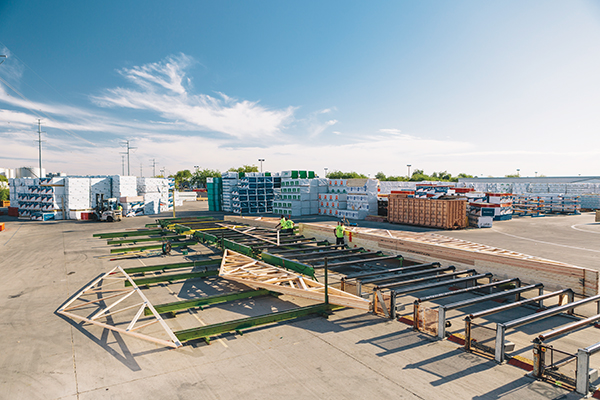Japanese firms with deep offsite experience have been quietly snatching up US builders and contractors. How will this trend shape the future?
- Japan’s flat housing market and shrinking workforce are pushing its builders to expand abroad.
- They are focused on legacy and long-term returns, making them stable partners for US companies looking to grow.
- While most acquisitions are of builders, one company has built a vertically integrated subcontracting entity for offsite component construction.
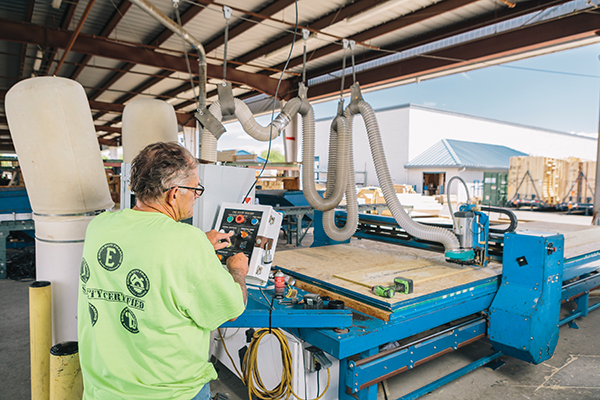
In the past five years, Whelan Advisory, an investment bank focused exclusively on homebuilding and construction, has closed nine transactions in the homebuilding industry involving buyers from Japan. “Japanese companies have closed 40 transactions in the US in the last decade,” says Funder and CEO Margaret Whelan.
Asian buyers, nearly all from Japan, are increasing their presence at all levels of the US housing market, including offsite construction. Whelan says their presence is a “win-win” as they make great partners, have cheap growth capital available and bring a fresh perspective to the US market.
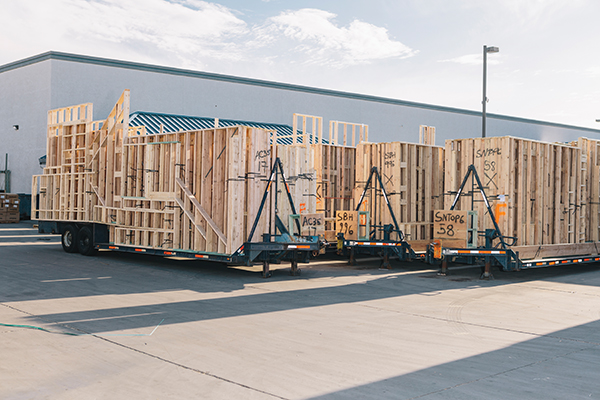
Why Here? Why Now?
In the United States, discussions about future economic fallout due to a low birth rate are often in the news, but Japan is already feeling the effects. The island nation’s birth rate has been shrinking for the past 15 years, and there is little immigration into the country. In addition, “they just don’t have the workforce that they used to, and their GDP growth has been nearly flat for the last decade,” Whelan says.
Their housing market is “dramatically different than that in the US,” she continues. Japan is roughly equivalent in size to California, the population is concentrated in a few cities, 75% of the country is mountainous, houses are about half the size and on smaller lots than they are in the US, and “every decision around housing in Japan is made to improve affordability and is made at the federal level.” To grow, Japanese homebuilders, many of whom use offsite construction methods, need to “put up a flag in a contiguous market or go [to a different country].
Now, many companies are looking to the US for that growth, which has a housing market that’s 26 times larger than that of Japan. “The Japanese have access to less expensive capital and are trying to make a 5% return on equity [as opposed to American companies that want to see much higher returns],” Whelan says. Japanese companies are looking for long-term commitments via mergers and acquisitions as opposed to investments.
Whelan points out that consolidation has been occurring in the US for decades in every industry including homebuilding. “It’s getting incredibly challenging to be a private builder because the cost of capital is higher. Big companies, especially foreign buyers are creating a win-win,” she says.
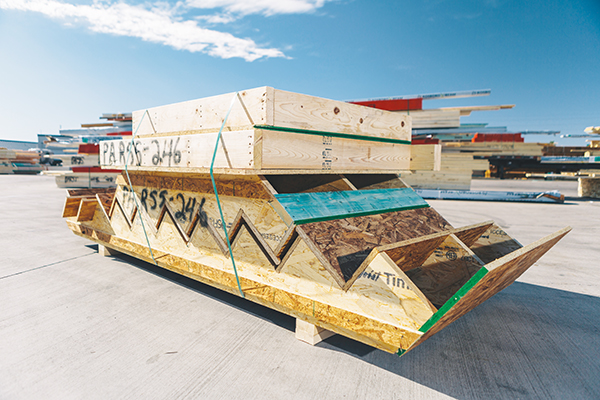
The Players
Japan’s largest construction industry conglomerates — Sekisui House, Sumitomo, Daiwa House, Misawa Homes, Asahi Kasei and others — have all acquired US homebuilding companies. For example, Sekisui House owns Richmond American Homes, Woodside Homes, Holt Homes, Chesmar Homes and Hubble Homes. Stanley Martin Homes, Trumark Homes and CastleRock Communities are all part of Daiwa House Holdings. Misawa House owns Impression Homes LLC and Visionary Homes.
While there are plenty of traditional stick-builders among these holdings, Japanese companies are well versed in offsite construction in their home country. According to the global real estate services firm Savills, Sweden and Japan are the global leaders in “MMC” or modern methods of construction. “Japan produces the highest number of homes using MMC. Even though only 15-20% of new homes are built using these new methods, it still equates to 150,000 to 180,000 homes per annum,” according to a 2020 Savills report.
One Japanese company is focusing on more of a components strategy. Asahi Kasei is “taking a completely different tack than the other Japanese players,” says Currey Cornelius, Managing Director at Whelan Advisory. “They are a homebuilder in Japan, but they have not acquired a homebuilder in the United States. Instead, they have established a very large construction services holding company,” he says. Named Synergos Companies, it’s essentially a “super sub, consolidating the subcontractor chain underneath homebuilding to bring efficiencies across those platforms,” Cornelius says.
In other words, although Asahi Kasei isn’t purchasing builders, they have been buying subcontractors of all types. In the past seven years, they have acquired full ownership of the Arizona-based Austin Companies, a residential electrical, concrete, low voltage, and HVAC group; Brewer Companies, a residential plumbing group; DSI (Door Sales & Installations LLC), offering door and trim solutions; ODC Construction, the largest shell contractor in the Southeast; Erickson Framing, a supplier of prefabricated building components with a footprint in Arizona, California and Nevada; as well as Nevada-based Focus Companies, which includes plumbing, electric, framing, concrete and fire protection services. All these acquisitions are under the Synergos umbrella.
Synergos was able to use “Asahi Kasei’s balance sheet and know-how to purchase the companies,” says Synergos CEO Richard Gallagher. He says he appreciates the Japanese company’s “experience in industrializing homebuilding to make it efficient and high-quality, as well as their understanding of the labor situation globally. We see ourselves as a solutions provider.”
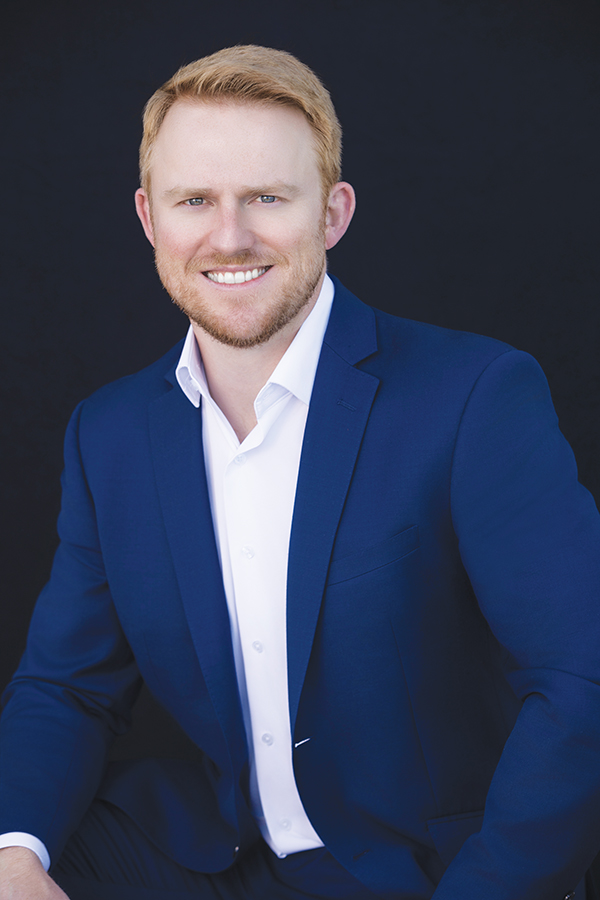
Photo credit: Whelan Advisory
Implications for US Offsite
Aren’t cultural differences a challenge? Whelan, Cornelius and Gallagher all are emphatic when they say, “No.” Although Japanese business culture is different from that in the US, the Japanese are respectful of the way things work here and for the most part are offering support and capital. “They let management teams do their jobs,” Cornelius says.
Whelan acknowledges that once an acquisition is made, the Japanese are very regimented and structured. “There may be more work upfront, but that ends up being a positive for these companies. It allows them to get more organized, focus on deliverables, think more strategically and about how they want to grow.”
The influx of capital offers offsite companies more than money, Whelan says. Often, small companies rely on grassroots funding, friends and family money, or limited institutional investors. “The issue is that there’s no strategic alignment there, and a lot of these people have shorter durations on their money, wanting returns in five to seven years,” Whelan says. “That’s not really compatible with starting up a new operation and trying to grow it and realize its full potential.”
Gallagher says Asahi Kasei in particular “has been very supportive in not bringing in a Japanese model but bringing the Japanese spirit of ‘What do we do next?’ They’re more interested in how we can create legacy, how we can create a point of differentiation, how we can be one of none.”
The Japanese focus on efficiency and high quality fits well with the goals of offsite construction. Says Whelan, “Japanese investment is only going to feed the loop of increasing efficiency within the housing industry.”
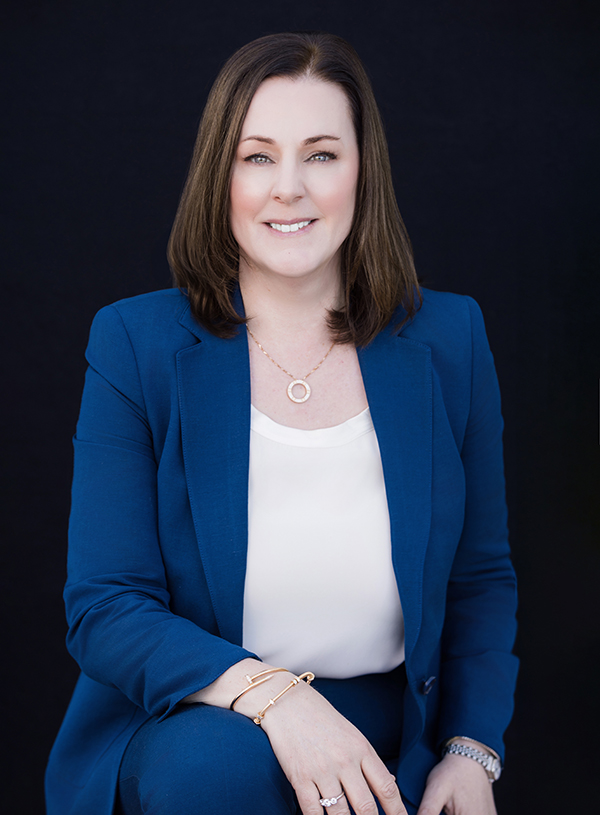
Photo credit: Whelan Advisory
Stacey Freed is a freelance writer and editor based in Pittsford, New York. She focuses on construction, remodeling, real estate, sustainability and wellness.
Images courtesy Synergos Companies except where noted.


